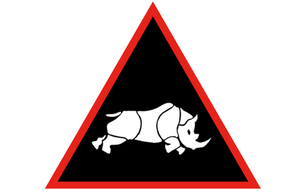UK anti-poaching support in Malawi to help tackle organised crime
UK Armed Forces will help stem illegal wildlife trade in Malawi by training a new force of anti-poaching trackers.

A British Army team from 1 (UK) Division will deploy early in the new year to train Malawi park rangers. Crown Copyright.
A British Army team from 1 (UK) Division will deploy early in the new year to train Malawi park rangers as combat tracking instructors, which will in turn help neutralise the threat of poaching, and bring those responsible to justice.
This UK support, initially focused on Malawi, could be extended and potentially reach out to a wider audience in other African countries. This training forms part of a three-year plan, agreed by the Ministry of Defence and the Department of Food and Rural Affairs (DEFRA), to support and fund a series of military-led counter-poaching activities.
Minister of State for the Armed Forces Mike Penning said:
Illegal poaching and organised crime go hand-in-hand and remain a global threat. Our world class Armed Forces are stepping up, demonstrating Britain’s commitment to helping tackle organised crime world-wide.
We will support partners, including Malawi, to help stamp out organised crime and the evil menace of poaching.
Training will be delivered under the guidance of charity the Tusk Trust, and alongside the British Peace Support Team (South Africa) and DEFRA.
Malawi faces significant challenges from poaching, and its elephants are particularly at risk from smugglers attempting to traffic ivory. They form part of wider organised crime and illegal operations in the region, but Malawi as a country is not alone.
UK military personnel have previously carried out anti-poaching training in Gabon, and the British Army Training Unit Kenya is supporting the building of an elephant fence in Kenya to protect the endangered animals from poachers, as well as protecting the British training area, local people and resources.